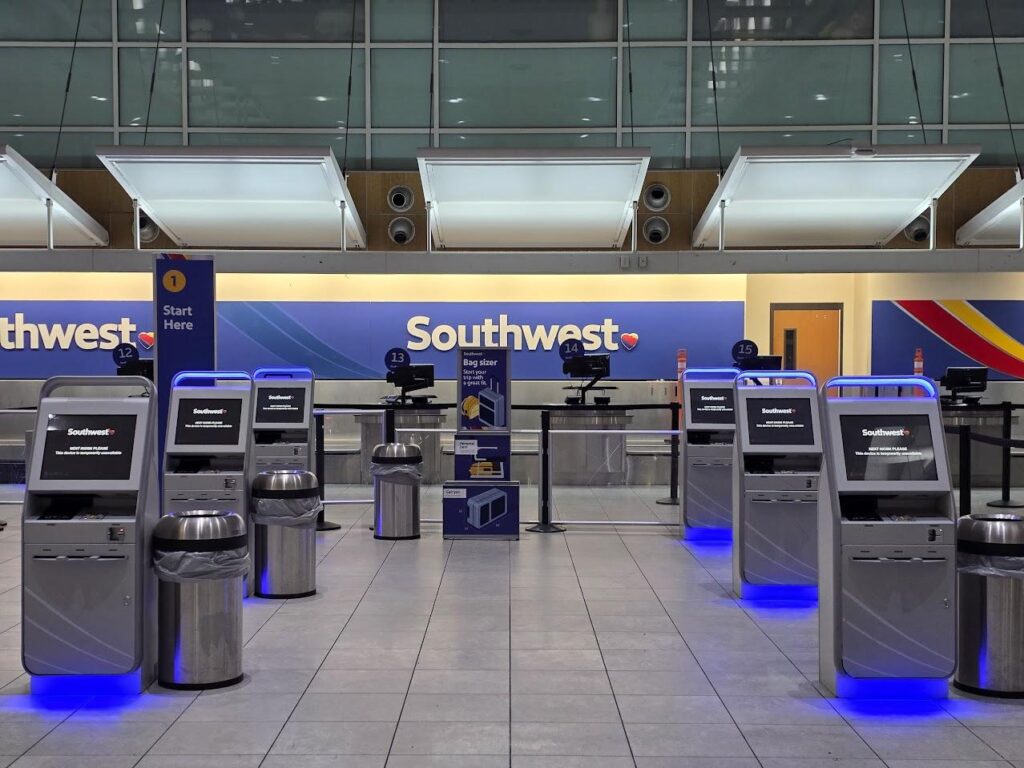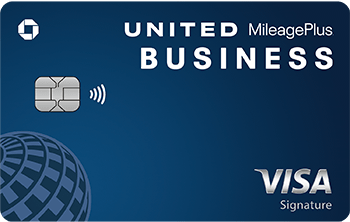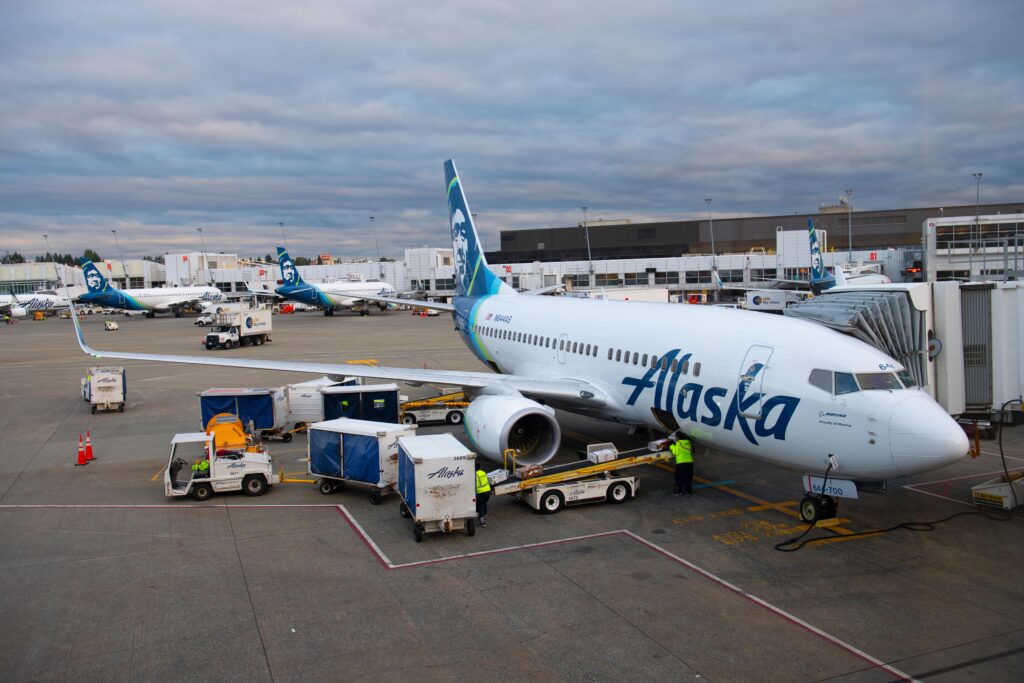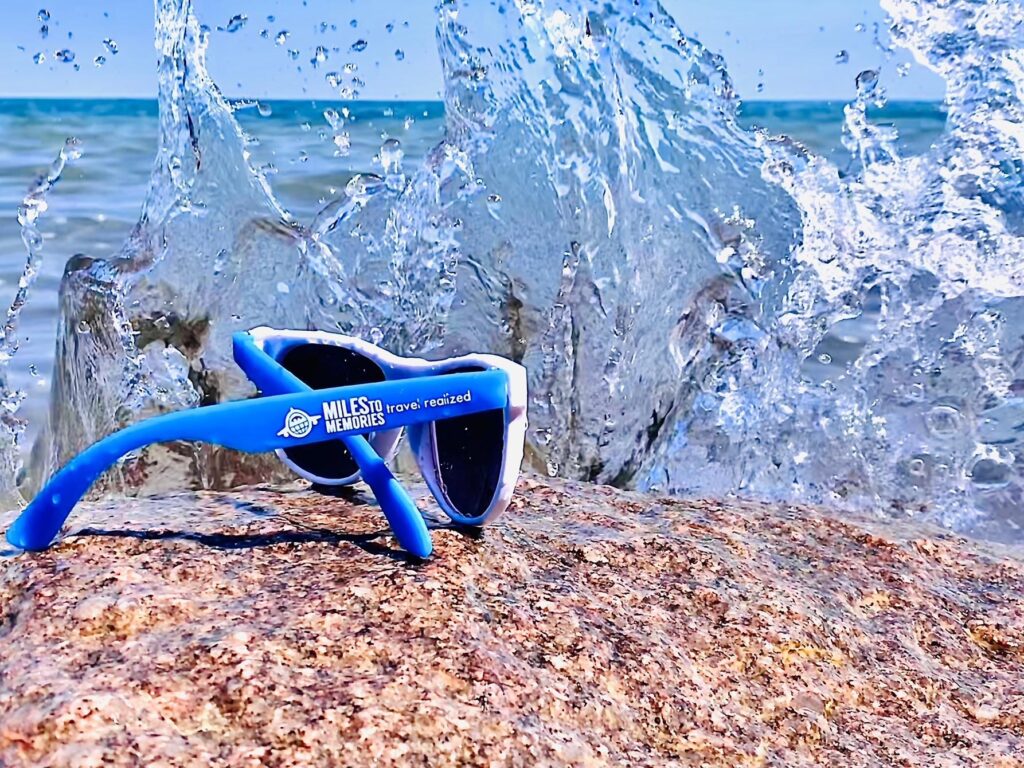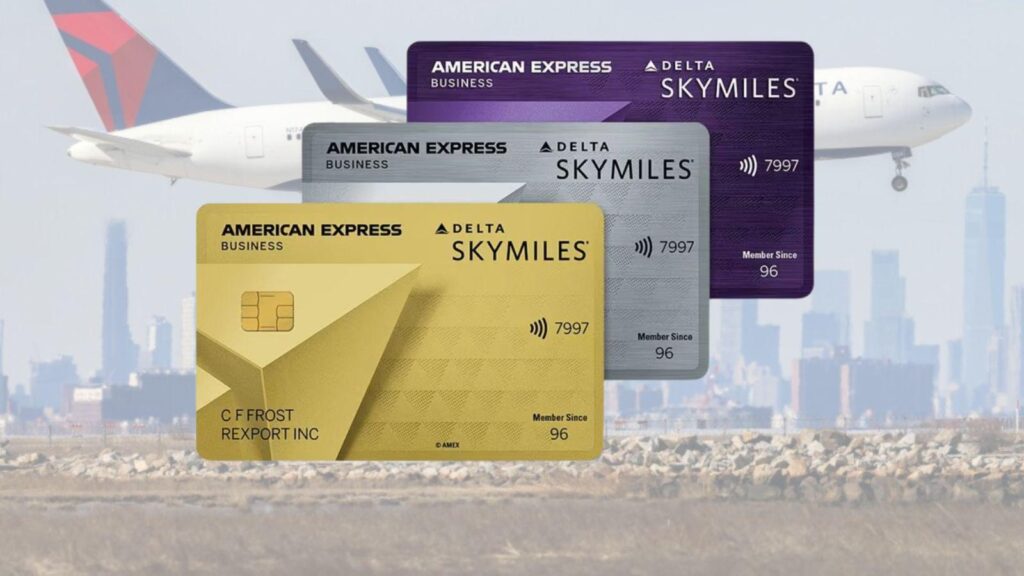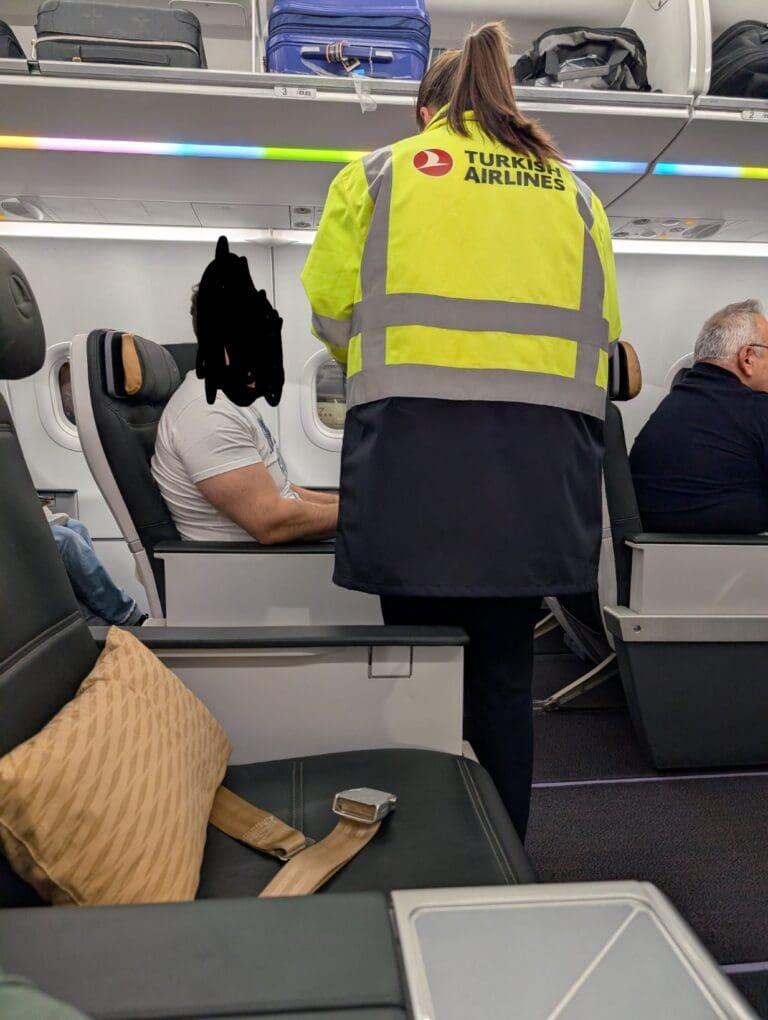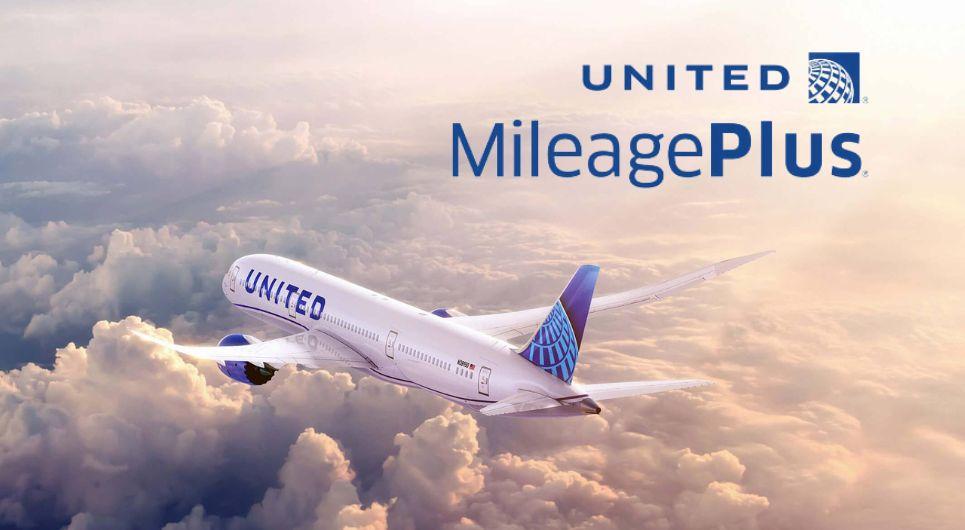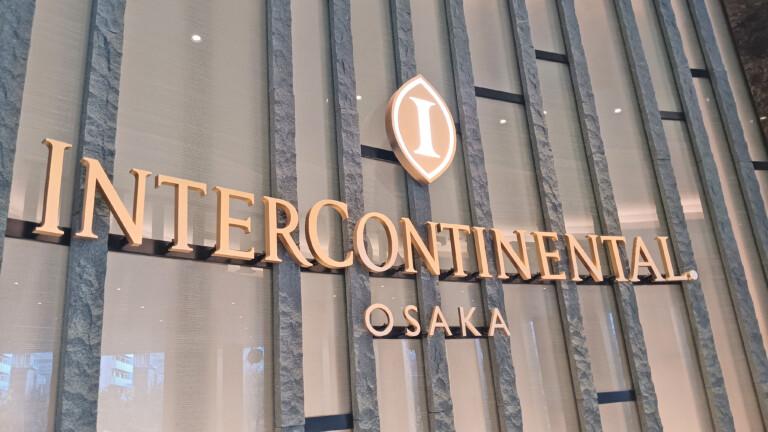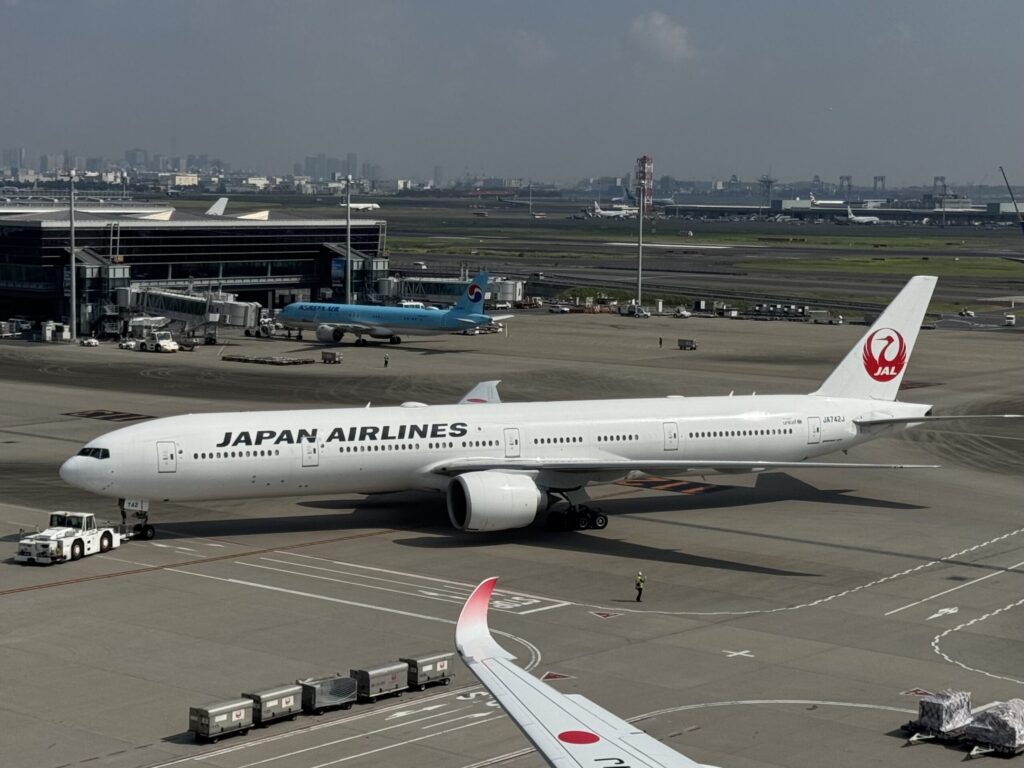
Avoiding Common Travel Scams: Your Ultimate Guide to Staying Safe
Traveling opens doors to new cultures, breathtaking landscapes, and unforgettable experiences. Yet, alongside the wonders, there lurk unscrupulous individuals ready to take advantage of unsuspecting tourists. With travel resuming post-pandemic, reports of common travel scams have surged, making it more crucial than ever to stay informed and vigilant.
This comprehensive guide delves into the latest and most prevalent travel scams reported. We’ll provide actionable tips, real-world examples, and expert advice to help you navigate your journeys safely. By understanding these schemes, you can protect yourself and ensure your adventures remain memorable for all the right reasons.
1. Pickpocketing and Distraction Schemes
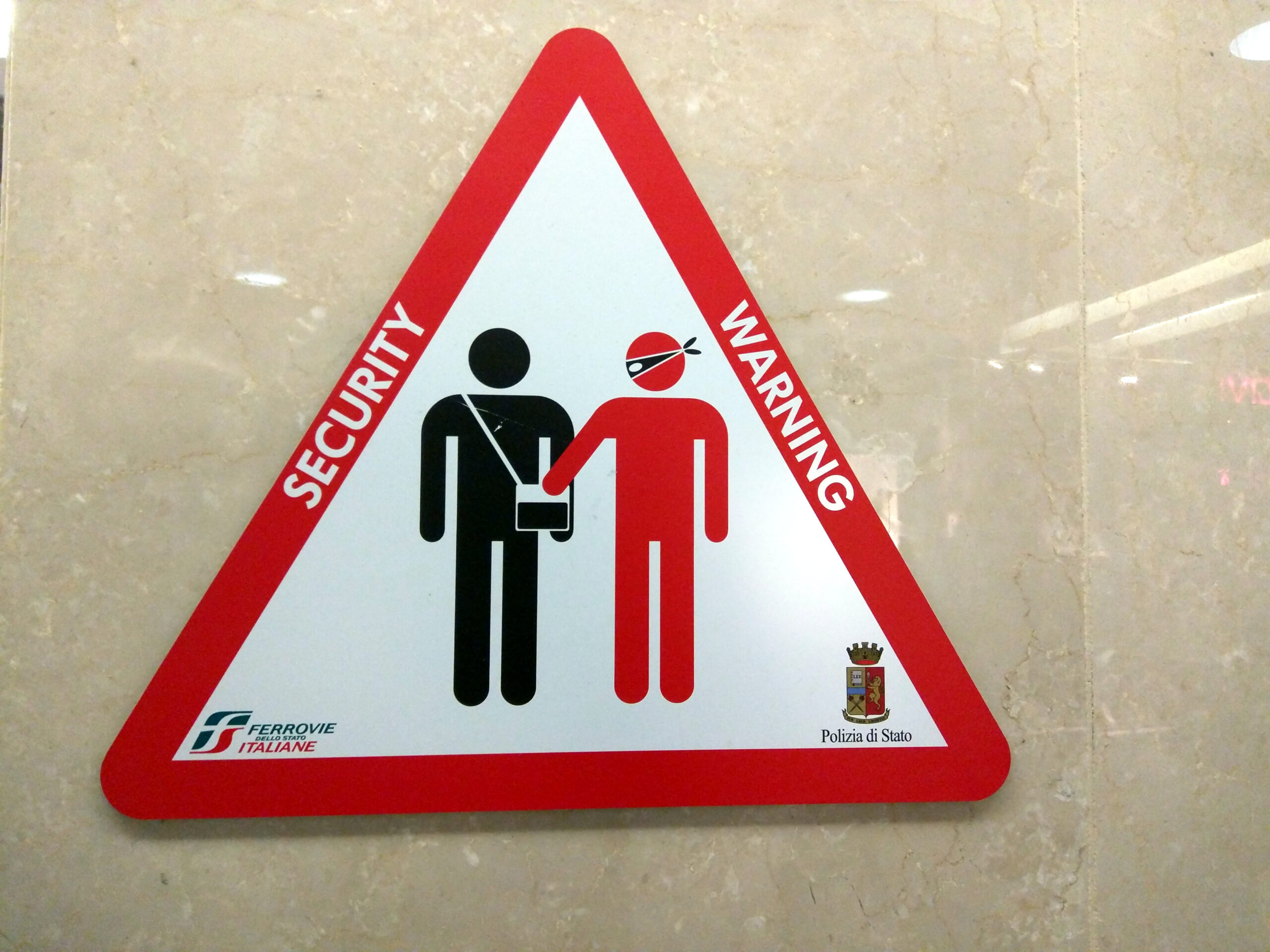
Despite increased security measures worldwide, pickpocketing remains one of the most pervasive tourist scams. In bustling cities like Barcelona, Rome, and Paris, skilled thieves employ sophisticated distraction techniques to steal valuables. Recent reports indicate a rise in orchestrated groups using elaborate performances or staged arguments to divert attention.
For instance, travelers in London reported incidents where individuals posing as street performers engaged audiences while accomplices worked the crowd. To protect yourself from pickpockets, keep your belongings secure in zipped bags and consider using hidden money belts. Be cautious of unexpected interactions, and if something feels off, trust your instincts.
It’s also advisable to avoid flashing expensive items like cameras or smartphones in crowded areas. According to a study by the European Travel Commission, tourists who take visible safety precautions are less likely to be targeted. Staying alert and blending in with the local environment can significantly reduce your risk.
For more detailed strategies on safeguarding your possessions, visit our article on tips to prevent pickpocketing. Awareness and preparedness are your first lines of defense.
2. Taxi Overcharging and Rideshare Scams
With the advent of rideshare apps, one might think taxi scams are a thing of the past. However, new variations have emerged, affecting both traditional taxis and app-based services. Scammers manipulate navigation apps to take longer routes or create fake surge pricing to inflate fares.
Reports from cities like Bangkok and Mexico City highlight instances where drivers claim the app isn’t working and offer to provide a “better” cash rate, which ends up being significantly higher. To avoid taxi overcharging scams, always insist on using the meter or the official app. Before your trip, research the approximate fare and route to your destination.
In unfamiliar places, consider using reputable taxi companies recommended by your hotel or consult local travel forums like TripAdvisor. For insights on reliable transportation options, check out our guide on choosing safe transport.
Additionally, be aware of the latest ride-share scams, such as drivers canceling rides mid-trip to charge extra fees. Always verify the driver’s identity and vehicle details before getting in, and report any suspicious activities to the app’s customer service.
3. Fake Police Officers and Authority Figures
The fake police officer scam has evolved, with imposters becoming more convincing by using official-looking uniforms and badges. Incidents have been reported in Eastern Europe and parts of Asia where scammers conduct fake checks for counterfeit money or drugs.
They may approach you on the street, present faux identification, and request to see your passport and wallet. To protect yourself from fake police scams, remain calm and ask to see proper identification. Genuine officers should have no issue with you verifying their credentials.
If in doubt, offer to accompany them to the nearest police station to resolve the matter. Never hand over your personal belongings without proper verification. The U.S. Department of State recommends keeping a photocopy of your passport and securing the original in a hotel safe.
For comprehensive advice on dealing with law enforcement abroad, read our article on understanding local laws and regulations. Knowledge of your rights can prevent you from becoming a victim.
4. Currency Exchange and Payment Scams
As digital payments become more prevalent, scammers have adapted by exploiting electronic transactions. There has been a rise in merchants using tampered card machines that overcharge or clone card information. Additionally, some establishments offer dynamic currency conversion, which may seem convenient but often includes hidden fees.
To avoid currency exchange scams, use ATMs inside banks and be cautious of standalone machines in tourist areas. When paying by card, cover the keypad and monitor the transaction closely. Decline dynamic currency conversion offers and opt to pay in the local currency to get a better exchange rate.
It’s also wise to notify your bank of your travel plans to monitor for suspicious activity. For tips on managing money abroad, visit our guide on handling finances overseas. Staying informed helps you make secure transactions.
Moreover, consider using travel-friendly credit cards that offer fraud protection and do not charge foreign transaction fees. Resources like CardRatings.com provide up-to-date reviews on the best travel credit cards.
5. “Free” Gifts and Solicitations
The “friendship bracelet” scam persists, with new variations appearing in tourist hubs like Paris and Florence. Scammers approach tourists with a friendly demeanor, offering “free” items such as bracelets or flowers. Once accepted, they demand payment, sometimes aggressively.
Reports indicate a rise in scammers using guilt or emotional manipulation, such as pretending to be deaf or raising funds for a fake charity. To avoid solicitation scams, politely decline any unsolicited offers and keep walking. If pressured, remain firm and avoid engaging in conversation.
It’s important to be aware of local customs and regulations regarding street vendors. In some places, supporting unlicensed sellers can inadvertently contribute to illegal activities. For more on ethical travel practices, read our article on responsible traveling.
Should you wish to purchase souvenirs, do so from reputable vendors or markets recommended by trusted sources. This not only ensures quality but also supports the local economy appropriately.
6. Accommodation and Vacation Rental Scams
With the popularity of vacation rental platforms like Airbnb and VRBO, scammers have found new avenues to defraud travelers. Fake listings with stunning photos and unbelievably low prices lure tourists into booking accommodations that either don’t exist or are significantly misrepresented.
Cybersecurity firms have warned about phishing emails and cloned websites that mimic legitimate booking platforms. To avoid accommodation scams, always book through verified channels. Check for reviews and be wary of listings with few or no reviews, especially if the deal seems too good to be true.
Never wire money or make payments outside the official platform. Use secure payment methods and confirm reservations directly with the host if possible. For additional safety tips, refer to our article on securing safe vacation rentals.
If you arrive at a property that doesn’t match the description, contact the booking platform immediately. Companies often have policies to protect travelers in such situations. Being proactive can save you from losing money and facing inconvenience.
7. Public Wi-Fi and Cybersecurity Risks
In today’s connected world, accessing free Wi-Fi is almost a necessity while traveling. However, hackers have become increasingly sophisticated, setting up fake hotspots to intercept personal data. There has been a spike in reports of cyber-attacks targeting travelers in airports and hotels.
To protect yourself from Wi-Fi scams, avoid connecting to unsecured or unfamiliar networks. Use a Virtual Private Network (VPN) to encrypt your internet connection. According to cybersecurity experts at Norton, using a VPN is one of the most effective ways to safeguard your data on the go.
Keep your devices updated with the latest security patches and avoid accessing sensitive information like banking apps on public networks. For more on digital safety, read our comprehensive guide on cybersecurity for travelers.
Additionally, consider using two-factor authentication for your accounts and backing up important data before your trip. Staying cyber-aware is essential in our increasingly digital travel landscape.
8. ATM Skimming and Fraudulent Charges
ATM skimming continues to be a significant threat, with criminals using advanced technology to steal card information. Devices are often expertly attached to ATMs, making them difficult to detect. Scammers then use the data to create cloned cards or make unauthorized purchases.
To avoid ATM skimming scams, use ATMs located inside reputable banks whenever possible. Inspect the card reader and keypad for any loose parts or signs of tampering. Cover the keypad when entering your PIN, and be cautious of anyone trying to distract you while using the machine.
Regularly monitor your bank statements and set up fraud alerts with your financial institution. For more strategies on protecting your finances abroad, visit our article on protecting your money while traveling.
If you suspect your card has been compromised, contact your bank immediately. Quick action can prevent further unauthorized transactions and minimize financial loss.
9. Fraudulent Tours and Excursions
As tourism rebounds, fraudulent tour operators have resurfaced, offering enticing deals on popular attractions. Scammers sell fake tickets or provide subpar services that don’t match their promises. In some cases, tourists have been left stranded or brought to unauthorized areas, risking their safety.
To avoid fake tour scams, book excursions through reputable companies with verified reviews. Check credentials and cross-reference offerings with official attraction websites. Websites like Lonely Planet and Viator can be valuable resources.
Be skeptical of deeply discounted prices or high-pressure sales tactics. It’s also helpful to read recent traveler reviews, as these can indicate the current reliability of a service. For more on selecting trustworthy tour operators, see our article on picking the right tour guide.
Remember, if a deal seems too good to be true, it probably is. Investing a bit more in a legitimate tour ensures a safe and enjoyable experience.
10. Medical Emergencies and Health-Related Scams
With ongoing global health concerns, scammers have exploited fears by offering fake COVID-19 tests, vaccinations, or medical treatments. Travelers have reported being approached by individuals posing as health officials demanding on-the-spot tests or selling counterfeit medications.
To avoid health-related scams, follow guidelines from official health organizations like the World Health Organization or your country’s embassy. Only use recognized medical facilities for tests and treatments. Be wary of unsolicited offers or mandatory testing not supported by official travel advisories.
Carry a basic travel health kit and ensure you have adequate travel insurance that covers medical emergencies. For more on staying healthy while traveling, read our guide on travel health tips.
Staying informed about the health requirements and risks of your destination can help you avoid scams and protect your well-being.
Conclusion
As the world reopens and travel becomes increasingly accessible, staying informed about common travel scams is essential. Scammers continuously adapt, devising new methods to exploit travelers’ vulnerabilities. By understanding these schemes and taking proactive measures, you can significantly reduce your risk.
Equip yourself with knowledge, remain vigilant, and trust your instincts. Remember to share your experiences with fellow travelers, contributing to a community of informed and cautious explorers. For ongoing updates and travel advice, subscribe to our newsletter at BoardingArea.
Safe travels, and may your journeys be enriching and scam-free!


